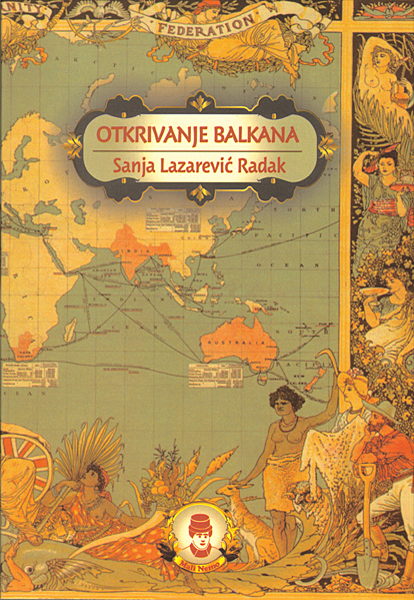News
Discovering the Balkans

Sanja Radak Lazarević, research assistant of the Institute for Balkan Studies on the project “The Danube and the Balkans: Cultural and historical heritage”, has recently published the book Discovering the Balkans (Pančevo: Mali Nemo, 2013) devoted to the ways in which the Balkans was percieved between 1837 and 1914, the chronological framework for testing and criticising the hypothesis that the Balkans is a region that can be placed in a colonial and postcolonial context.
The Balkans was among the still uncharted areas in 19th-century colonial maps, a European terra incognita. The process of naming it and placing it on the world map was accompanied by imagining people of a “different nature and culture”, which has served as a basis for the subsequent stereotypings of the region. Therefore, the author poses two essential questions: first, is the Balkans a colonised region? and second: what is colonial about it? and finds the answers in the nature of 19th-century imperialism and cultural climate which, although rationalist, resorted to fantasy to compensate for the lack of genuine knowledge.